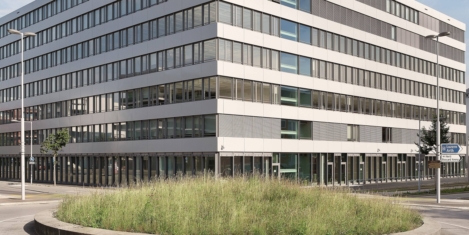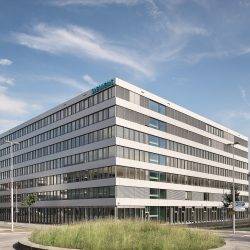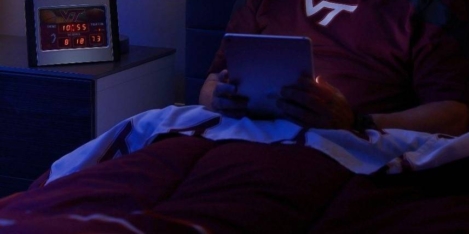December 19, 2018
Government continues with massive reduction in size of public sector estate
 Work to reduce the UK government estate has seen its size fall by 156,000 square metres over the past year. This makes the estate a third smaller than it was in 2010 – creating a saving in real terms of £760 million in running costs, according to the Government. Today’s State of the Estate report also claims that a further £750 million in capital receipts has been generated this year from the sale of over 400 sites, delivering a total of £2.4bn in capital receipts over the past three years. At the same time, vacant space across the government estate is just 1.4 percent, which is significantly lower than in the private sector, according to the report.
Work to reduce the UK government estate has seen its size fall by 156,000 square metres over the past year. This makes the estate a third smaller than it was in 2010 – creating a saving in real terms of £760 million in running costs, according to the Government. Today’s State of the Estate report also claims that a further £750 million in capital receipts has been generated this year from the sale of over 400 sites, delivering a total of £2.4bn in capital receipts over the past three years. At the same time, vacant space across the government estate is just 1.4 percent, which is significantly lower than in the private sector, according to the report.









 The two most important barriers to working for those in their 50s and early to mid-60s are health and caring; according to the latest analysis from the ONS.
The two most important barriers to working for those in their 50s and early to mid-60s are health and caring; according to the latest analysis from the ONS. 




 Almost half (49 percent) of UK employees admit they speak to colleagues about health concerns before sharing it with a partner or loved one, claims new research by Bupa Health Clinics. Stress, sleep, anxiety and weight problems are among the main concerns being discussed by employees at work, before confiding in those closest to home. The new report found that 46 percent of employees prefer to talk about health with a colleague over a loved one. Many do so with good intentions with more than a third finding it easier to talk to a colleague as they are less likely to worry.
Almost half (49 percent) of UK employees admit they speak to colleagues about health concerns before sharing it with a partner or loved one, claims new research by Bupa Health Clinics. Stress, sleep, anxiety and weight problems are among the main concerns being discussed by employees at work, before confiding in those closest to home. The new report found that 46 percent of employees prefer to talk about health with a colleague over a loved one. Many do so with good intentions with more than a third finding it easier to talk to a colleague as they are less likely to worry.




 Over a third (35 percent) of UK workers continue to work when then get home from the office, claims research from
Over a third (35 percent) of UK workers continue to work when then get home from the office, claims research from 
 A new task group spearheaded by the UK Green Building Council (UKGBC) being launched which will develop an industry-led definition for net zero carbon buildings. The task group brings together over thirty experts from across the building value chain and is being supported by 12 leading industry bodies. Following the recent IPCC report and the Paris Climate Agreement, worldwide attention has switched to achieving “net zero emissions” to escape the worst impacts of climate change. To answer this, a global campaign is being led by the World Green Building Council – calling for all new buildings to be net zero carbon in operation by 2030 and all existing buildings to achieve this standard by 2050. Its aim is to build industry consensus on a definition for net zero carbon buildings, which can then be used to advise project designs, planning requirements and building regulations.
A new task group spearheaded by the UK Green Building Council (UKGBC) being launched which will develop an industry-led definition for net zero carbon buildings. The task group brings together over thirty experts from across the building value chain and is being supported by 12 leading industry bodies. Following the recent IPCC report and the Paris Climate Agreement, worldwide attention has switched to achieving “net zero emissions” to escape the worst impacts of climate change. To answer this, a global campaign is being led by the World Green Building Council – calling for all new buildings to be net zero carbon in operation by 2030 and all existing buildings to achieve this standard by 2050. Its aim is to build industry consensus on a definition for net zero carbon buildings, which can then be used to advise project designs, planning requirements and building regulations.












December 7, 2018
Seven reasons why this will not be the office of the future
by Mark Eltringham • Comment, Facilities management, Furniture, Workplace design
(more…)